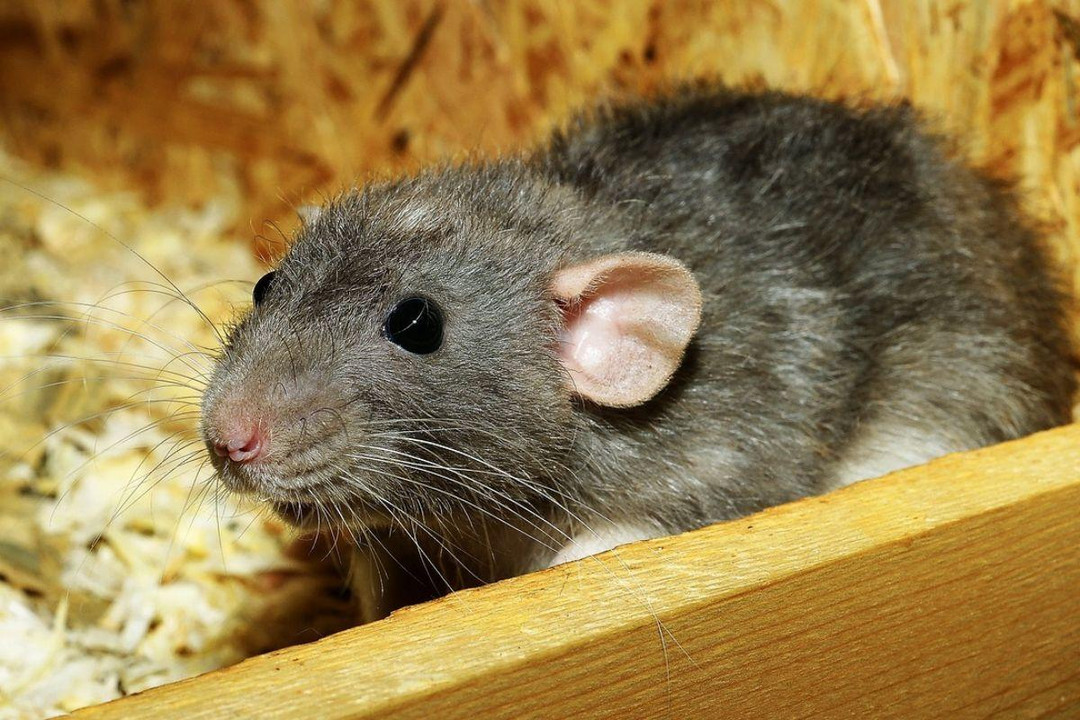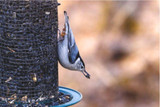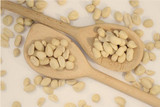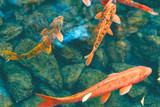Does Bird Food Attract Vermin To The Garden?
Vermin in the garden. Bird food attracts rats and mice. You might have heard this quite a lot but does feeding birds really attract vermin to your garden?
We all want to do our best and help wildlife – that’s why so many of us feed birds. On the other hand, rats and mice are known to carry disease and can be quite destructive so we don’t want them in our gardens. Is there an easy way to get around this age-old problem?
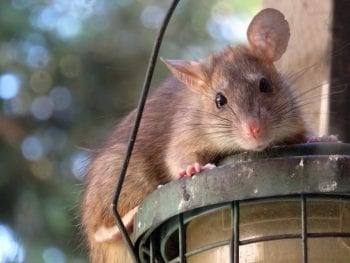 Rats are excellent climbers (truly amazing actually if you’ve ever sat and watched one!) but they’re more likely to be attracted to eat bird food that has fallen to the ground.
Ensure there is no mess, fallen food or discarded husks on the floor around your feeder. By removing this food source, the rats will likely go somewhere else. You can reduce spillage on the ground in several ways:
Rats are excellent climbers (truly amazing actually if you’ve ever sat and watched one!) but they’re more likely to be attracted to eat bird food that has fallen to the ground.
Ensure there is no mess, fallen food or discarded husks on the floor around your feeder. By removing this food source, the rats will likely go somewhere else. You can reduce spillage on the ground in several ways:
Does Bird Food Attract Vermin?
An easy answer to this…yes – bird food may attract vermin but there are things you can do to help reduce long-tailed visitors and make it less of an issue. Mice and rats are scavengers and opportunistic feeders so we can’t blame them for taking bird food. It’s just their natural behaviour as they will feed on just about anything they can get their little mitts on and if we are leaving them plentiful food outside, they’re naturally going to eat it. Please also remember that feeding birds doesn’t automatically mean you will end up with vermin in your garden. Many people leave out bird food and never see so much as a whisker. You may have the odd mouse or rat pass though, but it might not develop into an issue. You also must consider the fact that there are probably creatures lurking in your garden regardless of whether you provide bird food or not. Densely vegetated gardens, country gardens, and inner-city garden are all likely to have mice or rats in them at some point. You just perhaps won’t see them if they aren’t brazenly eating bird food. Bird food doesn’t so much attract vermin to your garden – if you have vermin they’re already there. Bird food might just tempt them out more often and as you’re likely to have bird feeders positioned in a place where you can see them, you naturally notice the vermin too.Does Bird Food Go Off And Attract Rats?
Bird food does spoil if it isn’t eaten. The good news is that if the birds don’t want to eat it, it’s likely the mice and rats’ won't either. Most of the time, animals have an instinct for ‘bad’ food and will avoid it. As bird food is a natural product it has a shelf life and spoils after a few weeks outdoors exposed to the light and the elements (especially if it is rainy or snowing). Leaving stale bird food is something you should avoid at all costs anyway, not just because you’re worried about mice or rats – if a bird should eat gone off bird food it can potentially make them quite ill. Remember to dispose of uneaten food and thoroughly clean out your bird feeders and tables between feeds. Practising good hygiene in the garden is always a good idea anyway as if any vermin have visited your feeders during the night, a good clean will ensure everything is hygienic.How To Stop Rats & Mice Eating Bird Food
One of the main reasons you will see rats or mice eating bird food is because it is easy to access. Make it harder for them and they will be less likely to bother. Rats are excellent climbers (truly amazing actually if you’ve ever sat and watched one!) but they’re more likely to be attracted to eat bird food that has fallen to the ground.
Ensure there is no mess, fallen food or discarded husks on the floor around your feeder. By removing this food source, the rats will likely go somewhere else. You can reduce spillage on the ground in several ways:
Rats are excellent climbers (truly amazing actually if you’ve ever sat and watched one!) but they’re more likely to be attracted to eat bird food that has fallen to the ground.
Ensure there is no mess, fallen food or discarded husks on the floor around your feeder. By removing this food source, the rats will likely go somewhere else. You can reduce spillage on the ground in several ways:
- Don’t overfill trays or feeders and top them up indoors where spillages can be swept up easily
- Use high-quality bird food. Cheaper bird mixes are likely to contain ‘filler’ that birds don’t like. Have you ever noticed birds sifting through food and throwing pieces to the ground? Yep, that’s cheap bird food.
- Use bird food without husks. Whilst birds love black sunflower seeds, they discard the husks on the floor and only eat the inner part. If you have a vermin problem, avoid black sunflower hearts. Read our guide to sunflower seeds for alternatives.
- Use the correct feeder for the type of food you are providing. For small seeds such as niger seeds, you need to put them in a feeder designed for this type of food. The feeder will have smaller feeding holes to stop food from falling out.
- Some people swear by smearing poles with Vaseline! This means vermin won’t be able to grip the surface to shimmy up your pole.
- You can purchase or make something called a ‘baffle’ to deter climbing pests. These are often sold to deter squirrels, but many will work on all types of pests.
- Move your bird feeder away from other objects such as trees or sheds as rats may jump or reach over to get at bird food.
23rd Feb 2021
Explore Popular Articles
-
How Sunflower Seeds Can Improve Your Bird's Health
14th Jun 2024Birds are quite attracted towards sunflower seeds, but have you ever wondered about sunflower seeds&
-
The Ultimate Guide to Feeding Peanuts to Birds: Benefits and Considerations
16th May 2024Feeding Peanuts to birds is a common practice due to their high nutritious value. Being an excellent
-
Signs of Overfeeding Fish: How to Spot and Prevent it
7th May 2024Do you know that fish are more likely to die from overfeeding than starvation? One of the mos

